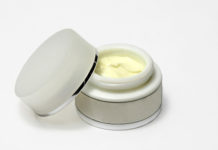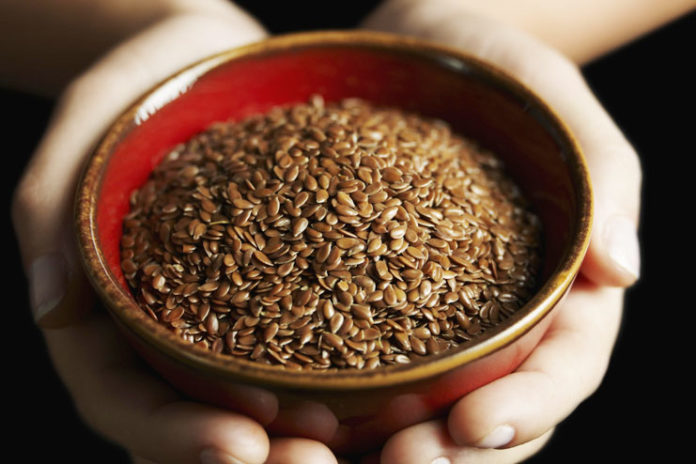Affiliate Disclaimer
Some links in this article are affiliate links. We may earn a small commission if you make a purchase through these links, at no extra cost to you. We only recommend products we find useful to our readersDon’t think that small and simple flax seed cannot be useful. They have a history as a consumed food for around 3000 BC in Babylon and is also the world’s first cultivated superfood. The flax seed benefits or benefits of flaxseed can help to improve the digestion, provide a clear skin, lower the cholesterol, reduces sugar cravings, fight cancer, balance hormones as well as promote weight loss.
It is also known as one of the richest plant sources of omega-3 fatty acids, and when these tiny seeds are included in your diet, then it can help to bring new levels of health and beauty in your life. So here, are some of the benefits of flax seeds that you must know to improve your overall health.
Uses And Benefits Of Flax Seeds
Know about some of the uses and benefits of flax seeds below.
1. High In Fiber And Low In Carbs

This mucilage can even keep the food in your stomach from emptying quickly into the small intestine, which can help to increase the nutrient absorption.
Flax is even high in both soluble as well as insoluble fiber, that can support the colon detoxification, fat loss and reduces the sugar cravings.
2. Healthy Skin And Hair

The fats in the flax seeds benefit, the skin as well as hair by providing all the essential fats and vitamin B. B-vitamin can help to reduce the dryness and the flakiness from the skin and scalp. It can contribute to improving the symptoms of acne, rosacea, and eczema. It also applies to the eye health as the flax can help to reduce the dry eye syndrome.
Flax seed oil is an excellent option since it has a higher concentration of the healthy fats. Take up to one to two tablespoon of flax seed to hydrate the skin and hair. It can even be mixed with essential oils and used as a natural skin moisturizer.
3. Weight Loss

Since flaxseeds are full of healthy fats as well as fiber, it can help to make you feel satisfied.
This is also important for the weight loss as an inflamed body can easily tend to hold on the excess weight. Just add a couple of teaspoons of ground flaxseed to your soups, salads, or smoothies as a part of your weight loss plan.
4. Lower Cholesterol
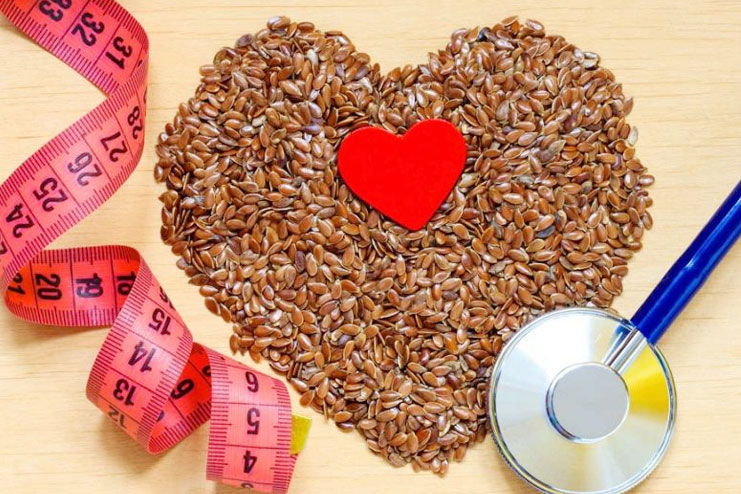
The soluble fiber content of the flax seeds can trap the fat and cholesterol in the digestive system. So that it becomes unable to be absorbed. Soluble fiber can also help to trap the bile, that is made from the cholesterol in the gallbladder.
The bile is then being excreted through the digestive system, forcing your body to make more, using excess cholesterol in your blood and lower the cholesterol.
5. Flaxseeds Are Gluten-Free
Using flax seeds is considered as an amazing way to replace the gluten-containing grains naturally, gluten containing foods are inflammatory whereas flax seeds are anti-inflammatory. So, flax seeds are great for them who are having Celiac disease or are gluten-sensitivity. They might also be a good alternative to the omega-3 fats in the fish for people with seafood allergy.
Another aspect of flax being gluten-free is that it can be used as the grain-free option for cooking.
6. Flaxseeds Are High In Antioxidants
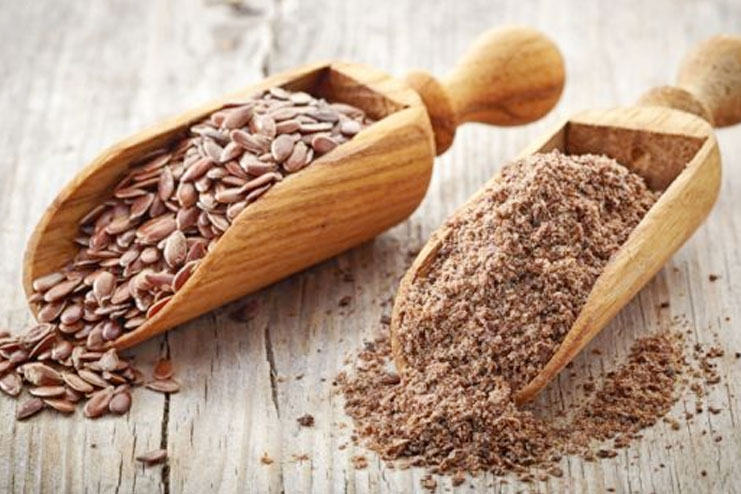
Polyphenols help to support the growth of probiotics in the gut and can also help to eliminate the yeast and candida in the body.
Lignans are even known for the antiviral as well as antibacterial properties, therefore consuming flax seeds regularly can help to reduce the number or severity of the colds and cases of flu.
7. Digestive Health

You can even take one to three tablespoons of flax seed oil with eight oz of carrot juice that can help to relieve constipation naturally.
Flax seed is also high in the soluble and insoluble fiber that can improve the digestive health and also have the highest magnesium nutrient.
Two tablespoons of flax seeds have about five gram of fiber or one-fourth of RDA. The fiber found in the flax seeds can provide food for the friendly bacteria in the colon which can help to clean waste from the system.
8. Menopausal Symptoms

These properties can help to reduce the risk of osteoporosis. It can help in menstruating women by helping them to maintain the cycle regularly.
To experience flax seed benefits for hormones include one to two tablespoon of flax meal in breakfast smoothie along with one tablespoon of flax seed oil.
9. Contains Vitamins And Minerals
Flax seed is benefiting sources of several vitamins and minerals:
Vitamin B1: This type of B-vitamin is known as the thiamine. Vitamin B1 is essential for the normal metabolism as well as nerve function.
Copper: One of the essential mineral which is important for the growth, development and various functions in a body is present in the flax seeds.
Molybdenum: Flax seeds are very rich in molybdenum. The essential trace of the mineral is found in the seeds, grains as well as legumes.
Magnesium: Another important mineral which has many important functions in your body. It can also be found in high amounts in the grains, seeds, nuts as well as green leafy vegetables.
Phosphorus: This amazing mineral contributes to the bone health as well as tissue maintenance, and is found in the protein-rich foods
How To Use Flax Seeds
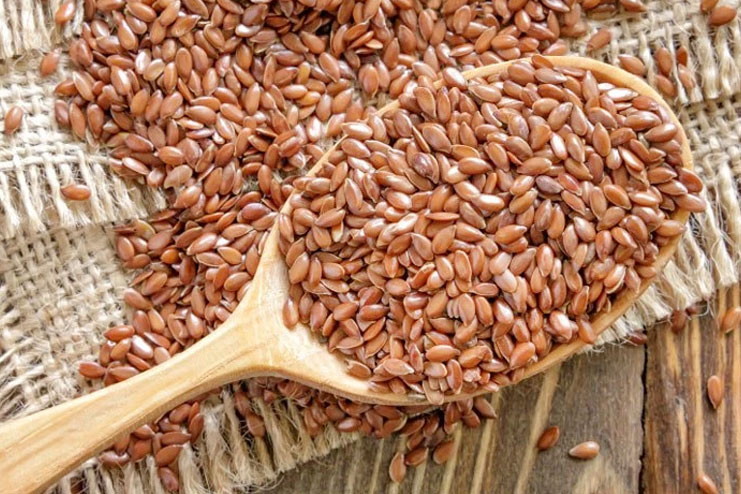
Tips to include flaxseed in diet:
a) Add one to three tablespoons of flax seed to the morning smoothie
b) Then mix a tablespoon of yogurt with raw honey
c) Bake the ground flax seeds in muffins, cookies as well as bread
d) In it add homemade sprouted granola
e) It can also be mixed with water or use as an egg substitute








